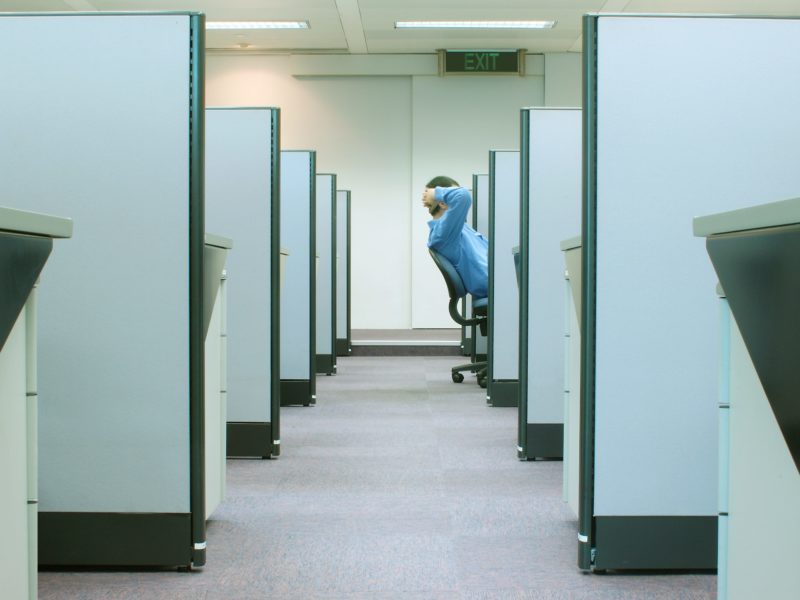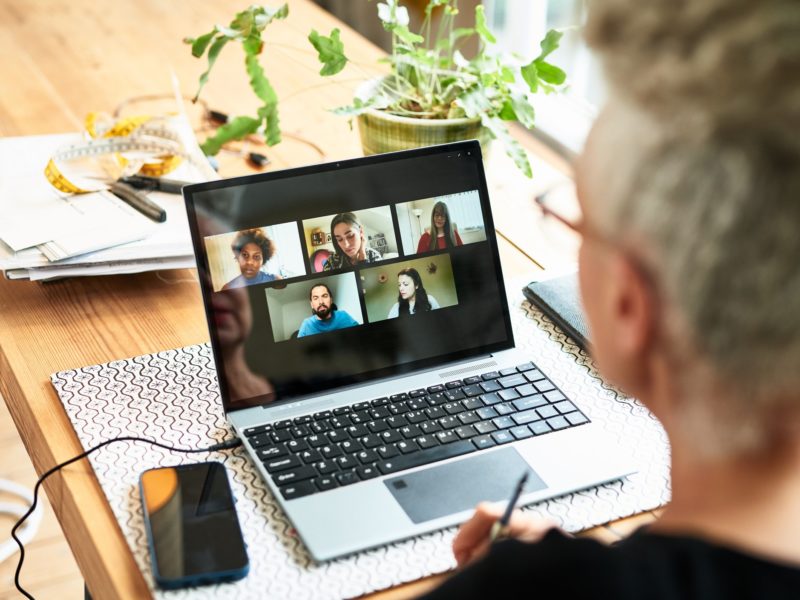Support In Stressful Times

Mental health is important – especially during times of unpredictability and crisis, such as what has been seen during the COVID-19 pandemic. Keeping well-being in mind and exercising healthy coping exercises is paramount during stressful times
But when so much of the daily news, social media postings and shared images are about the new coronavirus, how can people manage anxiety, isolation and stress? How can people maintain mental health in a global health crisis?
Tommy C. Wild, a psychology intern with the Counseling and Psychological Services (CAPS) at Texas A&M University, recently weighed in on an episode of the College of Engineering’s podcast, SoundBytes, to share resources and best practices.
“Just because you’re isolated doesn’t mean that you have to be isolating yourself emotionally and close yourself off from the world, physically as well as emotionally,” Wild said. “I hope that students still reach out to counselors as we’re needed. I hope they’re reaching out to friends and family members and that everyone is safe. And right now, maybe the goal isn’t thriving through all of this, but just kind of surviving, keeping our heads above water and looking out for one another.”
As Wild discussed, CAPS is still providing resources to students, even at a distance, and provided a few best practices to help balance work and personal life. In addition to HelpLine still being available, CAPS is offering teletherapy sessions via Zoom and virtual workshops on various topics. Sanvello – a mobile app that aims to break the cycle of negative thoughts and emotions that can contribute to stress, anxiety and depression – can also be downloaded onto students’ phones.
Wherever students are at this time, they have an entire Aggie network beside them. Regardless of distance, it is important to remember that they are never disconnected.
This information is part of a larger conversation on the College of Engineering’s SoundBytes podcast. Listen to the full episode on the SoundBytes webpage or on your preferred audio platform.
This article by Hannah Conrad originally appeared on the College of Engineering website.





